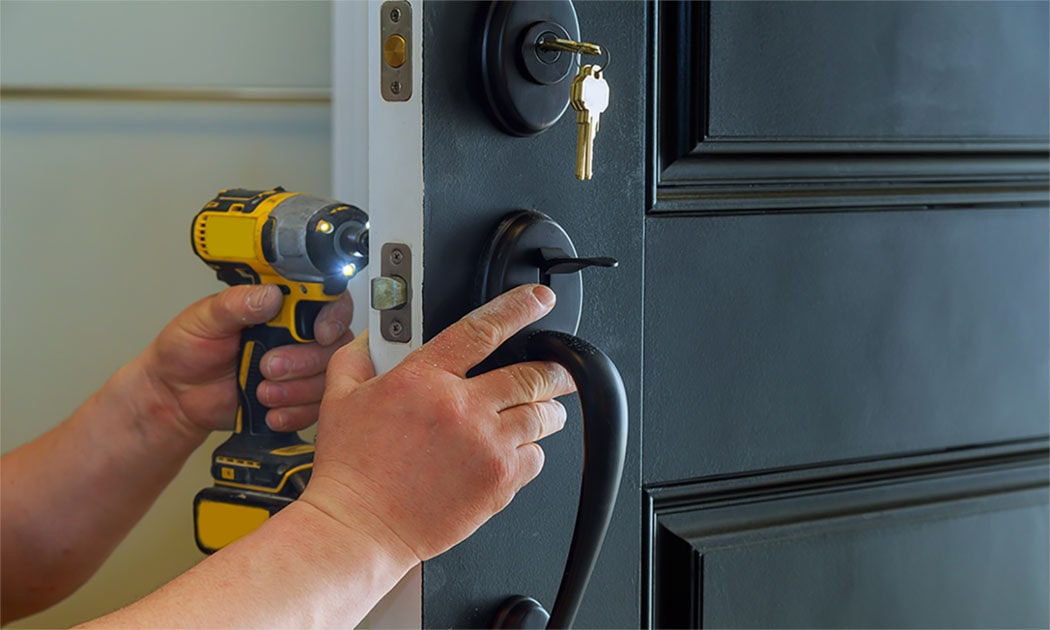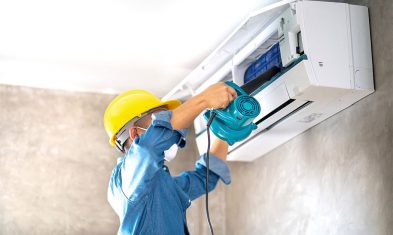Home security is important for residential areas, especially during periods of uncertainty. Some cities are still experiencing tight COVID-19 shutdowns, increasing the rate of property crime. Therefore, locksmiths should ensure that their customer’s homes are safe with the proper locks and security equipment.
Lock Upgrades
Without a quality and appropriate lock, your customer’s front door vulnerable. It’s essential to pick the right mechanical lock for your customer’s door, and when installed correctly, it can keep them safe. However, to choose the right lock, there are factors that you must take into consideration:
- Current and future risk
- The customer’s belongings inside the house
- Any concerns the customer might have
- The quality of the existing lock
- Location of the home
Another way to analyze security requirements is to use the American National Standards Institute (ANSI) levels of security. ANSI assigns grades to locks using three different levels — Grade 1 is best, Grade 2 is standard, and Grade 3 is the worst. Grade 1 is mainly used for commercial settings, while Grade 2 is for light-commercial applications, and Grade 3 is residential grade, perfect for a typical family. Although Grade 3 is for a home, a customer can opt for Grade 2 or Grade 1 for more security.
Electronic Upgrades
Technology is evolving to greater heights, and it affects every profession, including locksmiths. Electronic locks are another great option for those who want a more enhanced version of door security. The main benefit of this option is that the customer won’t need to carry around a key. There is no need to rekey the lock; instead, electronic locks allow the homeowner to program a new passcode for any new user. Also, the homeowner can assign multiple user accounts, and each one can have a different passcode.
Electronic locks are also ideal for elderly occupants because they won’t need to reach for their keys each time they leave home.
Most electronic locks can also connect with smartphone devices, allowing users to gain access to the home without a passcode. Some can even connect with intrusion alarms or larger access control systems.
Video and Intercom
Video surveillance is mainly used for apartment complexes or high-rise buildings, while intercom is for homeowners who want to interact with whoever is at the door.
In the case of apartment complexes, an intercom is very important because visitors need to have a way to contact the tenants who live there. Even now, visitors buzz tenants to let them know that they’ve arrived.
With homes or offices, video allows the occupant to see and speak with the person on the other side.
Together, video and intercom can provide any tenant, homeowner, or occupant with an enhanced security level that either one can’t offer on their own.
Conclusion
The world we’re living in has changed and is continuing to change with our current state of affairs. For residential and commercial security, locksmiths have the opportunity to jump into higher levels of security, all while ensuring that clients are safe inside their homes, offices, or buildings.



